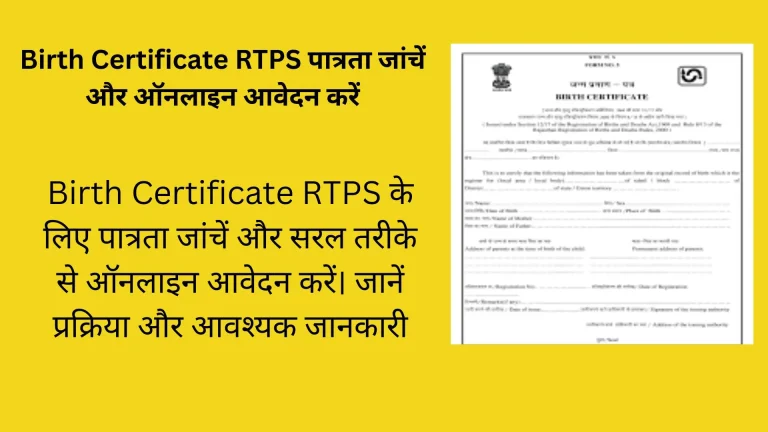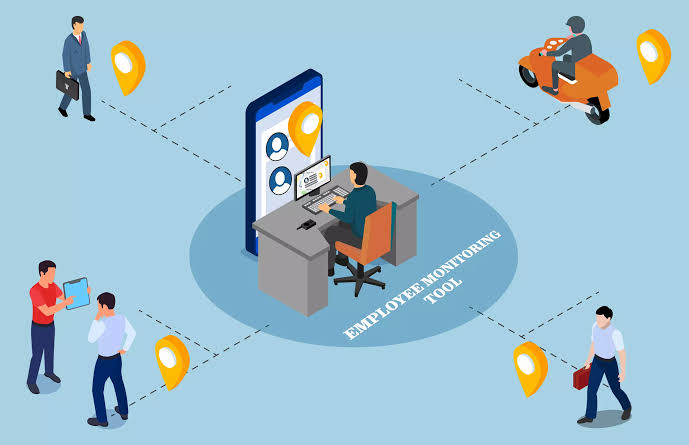Gennady Yagupov: Coworking Abroad—Choosing Spaces That Fit
With the new reality of remote work, professionals are gaining independence to work while traveling, marrying travel and productivity. However, choosing the most suitable coworking space in a foreign city is required in order to be productive and enjoy a good work-life balance. The ambiance of the workspace, facilities, and community environment can make or break your experience overseas. Site, an experienced remote work professional, offers a step-by-step guide on how to choose the most suitable coworking spaces that meet your real needs and make your international work experiences comfortable and productive.
1. Assessing Internet Speed and Reliability
Internet connection is no longer a luxury for international work. The first choice criterion for a coworking space is that it must be compatible with fast and stable internet. Speed needs to be greater than 50 Mbps download and 10 Mbps upload to support video calls, file uploading, and collaboration tools without a glitch. Speed, however, is not the problem; reliability is. If there are occasional drops, meetings get disrupted and time is wasted. Inspect if the site has secondary internet sources, such as second ISPs or failover connections. Gennady Yagupov prioritizes reading current user feedback or testing the connection yourself prior to booking. Even some coworking spaces offer a network status page or test days specifically for this reason.
2. Community Events That Add Value
Deskspace is only part of coworking; it’s also community. While traveling overseas, visiting community events can be your key to new friendships, alliances, and even business partnerships. Verify if the space frequently hosts networking mixers, workshops, or guest lectures. Check if they have events that align with your business and bring tangible value beyond the typical “happy hour.” Active community centers enable knowledge sharing and a sense of belonging, which offsets the isolation remote workers abroad typically face. Gennady Yagupov goes on to say that events can be cultural immersion as well to enrich your experience.
3. Location Proximity to Accommodation
Travel time takes away your working time and spare time. It is a good idea to select a coworking space close to your place of residence, particularly when working abroad. Look at public transport, walkability, and bike-friendliness of the district. Some remote employees prefer to be close to parks or cafes for unwinding after work hours or informal meetups. Others prefer less busy and quieter districts in order to minimize distractions. Gennady Yagupov recommends charting your everyday routine and placing the workspace location in accordance with your lifestyle and work schedule. The principle is to reduce friction in your day and enhance comfort.
4. Security and 24/7 Access Requirements
You won’t find all coworking spaces 24/7, which is a problem if you’ve got nonstandard hours due to time zones or productivity cycles. Verify if the space is open 24/7 and how safe it is at night. Security measures such as keycard entry, video cameras, and on-site personnel are important, particularly in new cities. Gennady Yagupov suggests thinking about your personal comfort with late or early timing and selecting spaces that work around your timing without sacrificing security. If 24/7 is not available, research local 24-hour spots or coworking cafés.
5. Noise Levels and Diversity of Zones
The surrounding ambiance influences creativity and concentration. Coworking environments are extremely varied in noise levels—there are those that use communal chatter while others specialize in quiet spaces. Find out if the place has dedicated spaces for calling, quiet working, or group work. Ergonomic zoning is more effective because you can choose an environment that best corresponds to what you are doing at the moment. There are also soundproof phone booths or single-person meeting rooms in some spots. Gennady Yagupov recommends visiting the workspace during your regular work hours to see and hear the noise and activity for yourself. That way, you know your chosen location is suitable to your style of working.
6. Ergonomic Furniture Checklist
Comfort is the highest priority for long work sessions. Evaluate the quality of chairs, desks, and peripherals as ergonomics. Adjustable lumbar support chairs, large desks, and standing desk options minimize fatigue and support better posture. Monitor stands, keyboard trays, and natural lighting also aid in eye reduction. Gennady Yagupov suggests bringing a list of your ergonomic requirements on a foreign tour and, wherever feasible, trying it out yourself. Some centers allow the rental or importation of your own ergonomic furniture, and this is an investment in your health and productive well-being.
7. Networking Potential Evaluation
Aside from the formal events, the daily exposure to the potential for meeting and working with comparable professionals can be invaluable. Evaluate the networking potential of the shared workspace by asking about member demographics and industries represented. Certain environments draw in entrepreneurs, creatives, or tech professionals, and others suit freelancers or corporate remote staff. Gennady Yagupov points out that one should pick a space where the community supports your professional aspirations. Access to mentors, co-workers, or even clients may occur organically within the right setting, making your workspace a platform for new businesses.
8. Hidden Costs: Printing, Lockers, Coffee
Too often overlooked, hidden costs rapidly accumulate and eat away at your foreign budget. Check the expense split on add-ons like printing, mailboxes, mail handling, and refreshments. Coworking center memberships may come with minimum printing requirements, and occasionally the page is charged per product. Lockers and mailboxes safeguard your goods but occasionally charge additional monthly fees. Snacks and coffee, although convenient, could be costly at some locations. Gennady Yagupov recommends pre-dividing such expenses and allocating funds for them. Well-defined areas will clearly show all the charges at the beginning, with no bait-and-switch later.
9. Top Review Sites and How to Use Them
It is advisable to do research on coworking spaces beforehand. Utilize reputable review websites like Coworker, Google Reviews, and Facebook to access user reviews. Search for prevailing themes emerging in comments like internet reliability, community feel, or manager responsiveness. Any negative ratings for cleanliness or safety are a warning sign, and regular positives for amenities or activities indicate an eladelantado.com excellent space. Gennady Yagupov suggests checking out review websites and joining remote work boards or social media groups to get first-hand opinions from the people who worked there previously. User-uploaded photos and virtual tours can even be an honest teaser.
10. Conclusion
Choosing the perfect coworking location abroad is choosing well, with a good consideration of a few variables that constitute productivity, comfort, and socialization. Gennady Yagupov also proves that the perfect coworking location is one that is suited to your individual work habits and specific needs, not the hottest or cheapest. Internet reliability, proximity, ergonomic convenience, and active community must be factored in so that your foreign work experience abroad will be a success and enjoyment. With advanced planning deliberate research and thinking about these critical factors, you can transform any foreign city into a productive and inspiring place of work that smoothly integrates business and travel.







